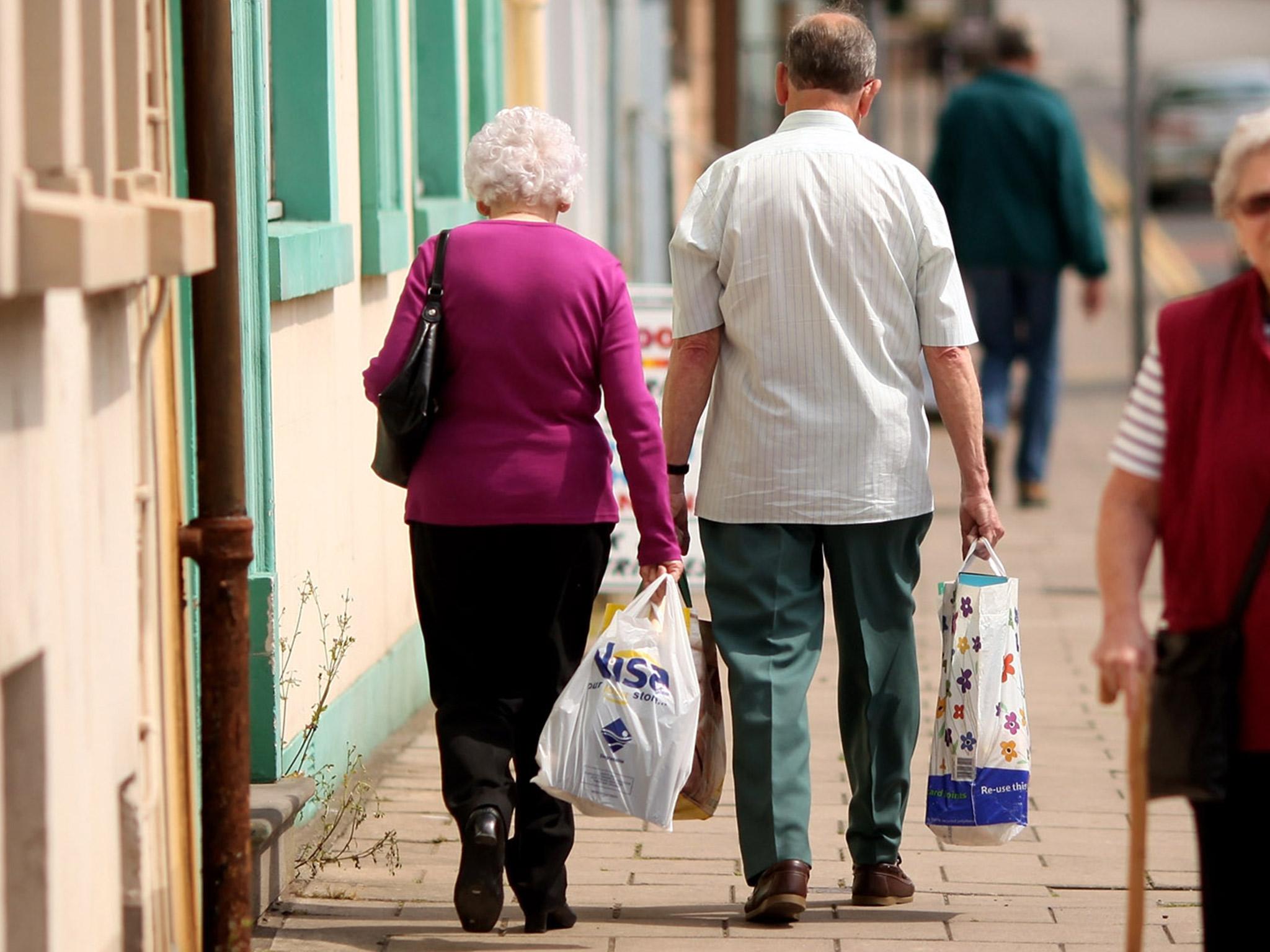UK should scrap state pensions for the richest 5-10%, says OECD
The Paris-based think tank has said that slashing payments for the wealthiest would ‘free up resources’

The UK should scrap state pension payments for the richest retirees, the Organisation for Economic Cooperation and Development (OECD) has said.
The Paris-based think tank has said that slashing payments for the wealthiest 5-10 per cent of people would “free up resources” to raise pensions for the less well off.
Under the current system, every UK citizen is eligible to receive a full state pension once they hit retirement age, providing they have made 30 years’ of National Insurance contributions.
Speaking to the Financial Times, Mark Pearson, deputy director of employment, labour and social affairs at the OECD, said that an ageing population in the UK was placing a strain on the system as the pool of workers relative to those retiring was shrinking.
“Faced with these pressures, are you going to ask people of working age to pay more, or people to work longer before they can claim their pension?” he asked.
He said that one way “to ease the tyranny of the maths” was to “think about whether the pension should only be paid to those who really need it”.
“Giving less [pension] to the people at the top would free up resources to increase general benefits,” he added.
Mr Pearson also told the paper that he was in favour of scrapping the triple lock, which guarantees that the state pension increases by at least 2.5 per cent annually, as it is putting “one group in society [pensioners] on a pedestal over another”. He suggested uprating the state pension by either average earnings or prices instead.
On Wednesday, Theresa May refused to commit to keeping the state pension’s triple lock in the Conservatives’ general election manifesto. Labour leader Jeremy Corbyn confirmed that the lock would be retained by his party.
According to the OECD, the UK retirement benefit – currently £6,359 a year for the basic state pension and £8,296 for the new state pension, which was introduced in 2016 – is among the least generous of its 35 member countries.
Join our commenting forum
Join thought-provoking conversations, follow other Independent readers and see their replies
Comments